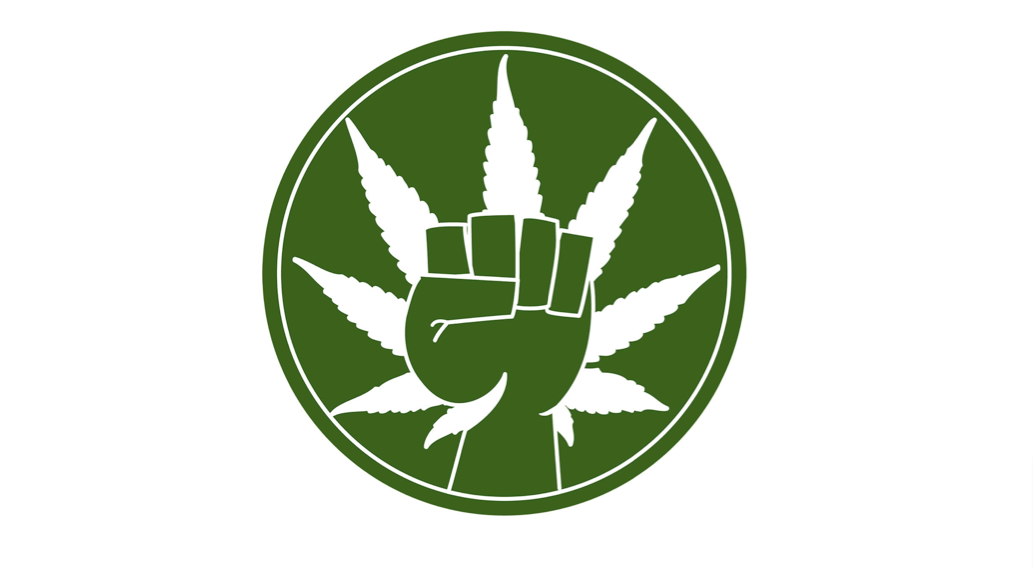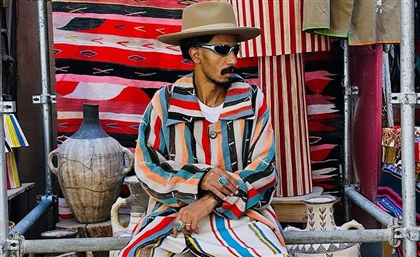Weed Not War
For decades the world has been involved in a resource-draining war on drugs that has done nothing to stop drugs, instead relegating drug users to illegal and dangerous outlets. Aida Aly argues the benefits of legalising drugs.

Almost a year ago today Martha Cockburn died of an MDMA overdose. The 15-year-old British high school student somehow acquired MDMA that was 91% pure, whereas the average street quality is around 58%. Martha took 0.5g and died of a cardiac arrest less than an hour later. Her mother, Anne-Marie, is now running a campaign to end the war on drugs and legalise narcotics. While many may find her stance on drugs somewhat perplexing, I am here to clarify why Anne-Marie is 100% spot-on in her approach.
Former President Nixon launched the war on drugs in 1972 after drugs became the mascot of the 60s era. Since then drug use has surprisingly and dramatically increased; an outcome opposite to the war's intended effect. Globally, over $100 billion are spent every year on fighting drugs; a fight that has caused more harm than good.
Drugs have been used for spiritual and medical purposes for centuries. In many cultures, drugs are intertwined with tradition. Before MDMA was illegalised in 1977, it was used in psychotherapy to treat anxiety disorders, trauma, phobia and even marital difficulties. Ketamine, a dissociative anaesthetic, has been proven to not only treat depression, but also does so in a rapid-acting manner. The infamous and all-time fan-favorite marijuana is known to treat chronic pains and help ease cancer patients’ suffering.
Since the war on drugs began, further research on drugs that could be medically beneficial has reached a dead end. While governments sit on these treatments, those suffering are forced to turn to illegal measures to treat their illnesses. Without proper prescriptions and knowledge of the drugs they’re taking, overdoses and addictions are skyrocketing.
Almost 2% of the Egyptian population is infected with HIV. Most HIV cases can be traced back to two main causes: sexual transmission (largely between homosexual partners) and intravenous drug users. With a lack of education on needle exchange and drug use, these numbers will only increase.
Legalising narcotics is largely expected to lead to a major decline in crime rates and a steep rise in economic productivity. Studies show that drug related violence is not caused by drug-highs, but is due to illegal drug-trade disagreements. The only drug known to cause an increase in violent behavior is, ironically, one of the few that are legal: alcohol. The more money that flows into the illegal drug market, the more labor and capital investment it attracts, instead of being put into lawful and taxable sectors of the economy.
Illegal drug manufacturers dispose of their waste improperly, which causes soil contamination and leads to the destructions of many plant and animal lives.
Addiction has been defined as “a primary, chronic disease of brain reward, motivation, memory and related circuitry. Dysfunction in these circuits leads to characteristic biological, psychological, social and spiritual manifestations. This is reflected in an individual pathologically pursuing reward and/or relief by substance use and other behaviors.” With that said, legalising drugs will stop the prejudice addicts face on a daily basis and will erase the common misconception society has of them. It will also enable the government to have a stronger eye on rehabilitation centers, where most addicts are either neglected or wrongly treated.
The war on drugs makes criminals of the poor. With the poverty rate reaching an astounding 26%, more people resort to illegal drug trade to help make ends meet.
The UK Home Office estimated that 80-95% of street sex work is drug motivated. Drug users, mostly women, find themselves working the streets to help fund their drug use. If made legal, drugs will not only see a decrease in their price, but it will also help keep countless women from having to sell their bodies.
Many may still view Anne-Marie’s and my stand on the war on drugs as absurd and radical. To this Mrs. Cockburn says, “I wish Martha was sitting her GCSEs alongside her friends at school right now. […] I wish the drug education she received had enabled her to make a more fully-informed decision, instead of leaving her so vulnerable and in danger. […] Control of drugs needs to be handed over to doctors and pharmacists, not drug dealers. Prohibition is outdated and it's not realistic in modern society. Strict and responsible regulation is not the soft approach, it's the hard approach. It's taking some control. […] No parent wants their child to take drugs but it would be reassuring to parents to know if they're going to dabble they can get it from a trustworthy source.”
Drugs have always been and will always be in every society. How many more teenagers must die before we finally end a 42-year-old war that is leading nowhere?
- Previous Article The Final El Fusion
- Next Article ISIS: "Welcome in Egypt"
Trending This Week
-
Apr 13, 2024
























